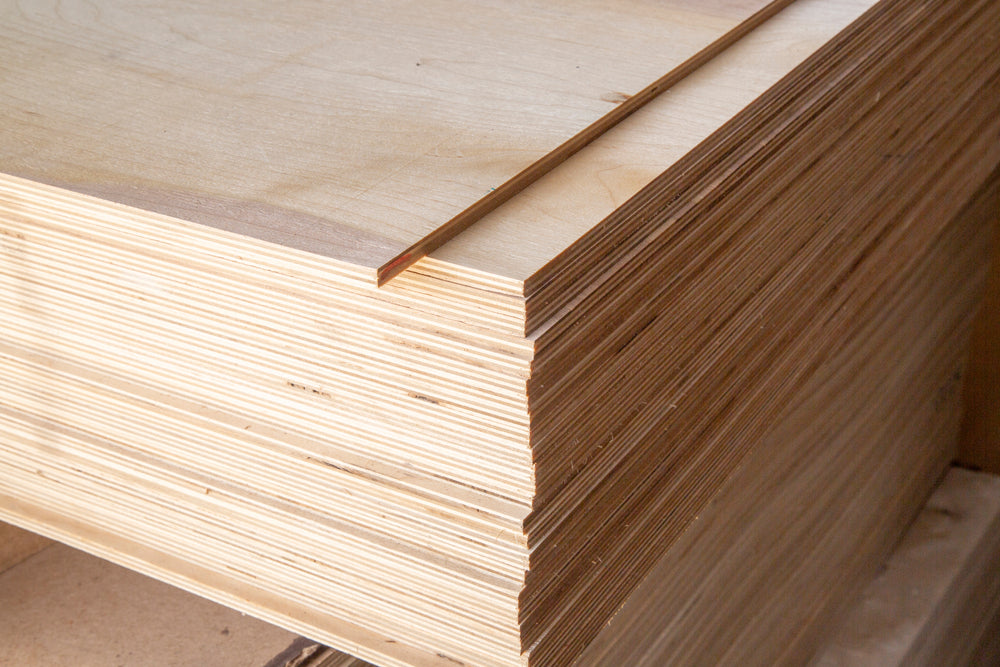When it comes to plywood, the terms "marine" and "non-marine" are sometimes thrown around. Each serves a different purpose. Here’s our expert guide to explain the two.
What is Marine Plywood?
Marine plywood is specifically designed for use in marine environments, such as boat building, docks, and other water-related structures. It is manufactured using high-quality hardwood veneers, which are bonded with waterproof glue that can withstand exposure to moisture, humidity, and even saltwater. This construction makes marine plywood highly resistant to delamination and rotting, ensuring long-term durability in wet conditions.
What is Non-Marine Plywood?
A much more affordable and all-round option is non-marine plywood, such as our Okoume Plywood. Perfect for a wide range of DIY projects and indoor wall linings, it offers a preferred choice for many different uses. Here’s why we prefer it.
Versatility:
Unlike marine plywood, non-marine plywood is not limited to marine applications. It is a versatile material suitable for various indoor and outdoor woodworking projects, including furniture, cabinets, flooring, roofing, and general construction. Non-marine plywood is available in a wide range of grades, thicknesses and sizes, allowing craftsmen to choose the most appropriate type for their specific needs.
Cost-Effectiveness:
Non-marine plywood is significantly more affordable than marine plywood, making it an attractive option for budget-conscious woodworkers. The lower cost does not compromise its quality or performance. Non-marine plywood is still constructed with high-quality hardwood or softwood veneers, bonded with reliable adhesive, ensuring sufficient strength and durability for most applications.
Availability:
While marine plywood may be harder to find and may require special orders or specific suppliers, non-marine plywood is readily available at Plywood Direct with our minimal range meaning straightforward shopping.
Environmental Considerations:
Non-marine plywood has been adapted to meet environmental standards, such as using sustainable forestry practices and reducing the use of toxic chemicals. With a growing emphasis on eco-friendly materials, non-marine plywood offers a responsible choice for those who prioritise sustainable construction practices.
While marine plywood serves its intended purpose for marine applications, non-marine plywood has emerged as the preferred choice for a vast array of woodworking projects. Its versatility, cost-effectiveness, wide availability, and environmental considerations make it a compelling option for both professionals and hobbyists alike. From furniture to construction, non-marine plywood provides the strength, durability, and aesthetic appeal required to bring woodworking projects to life. Contact us today to find out more.

